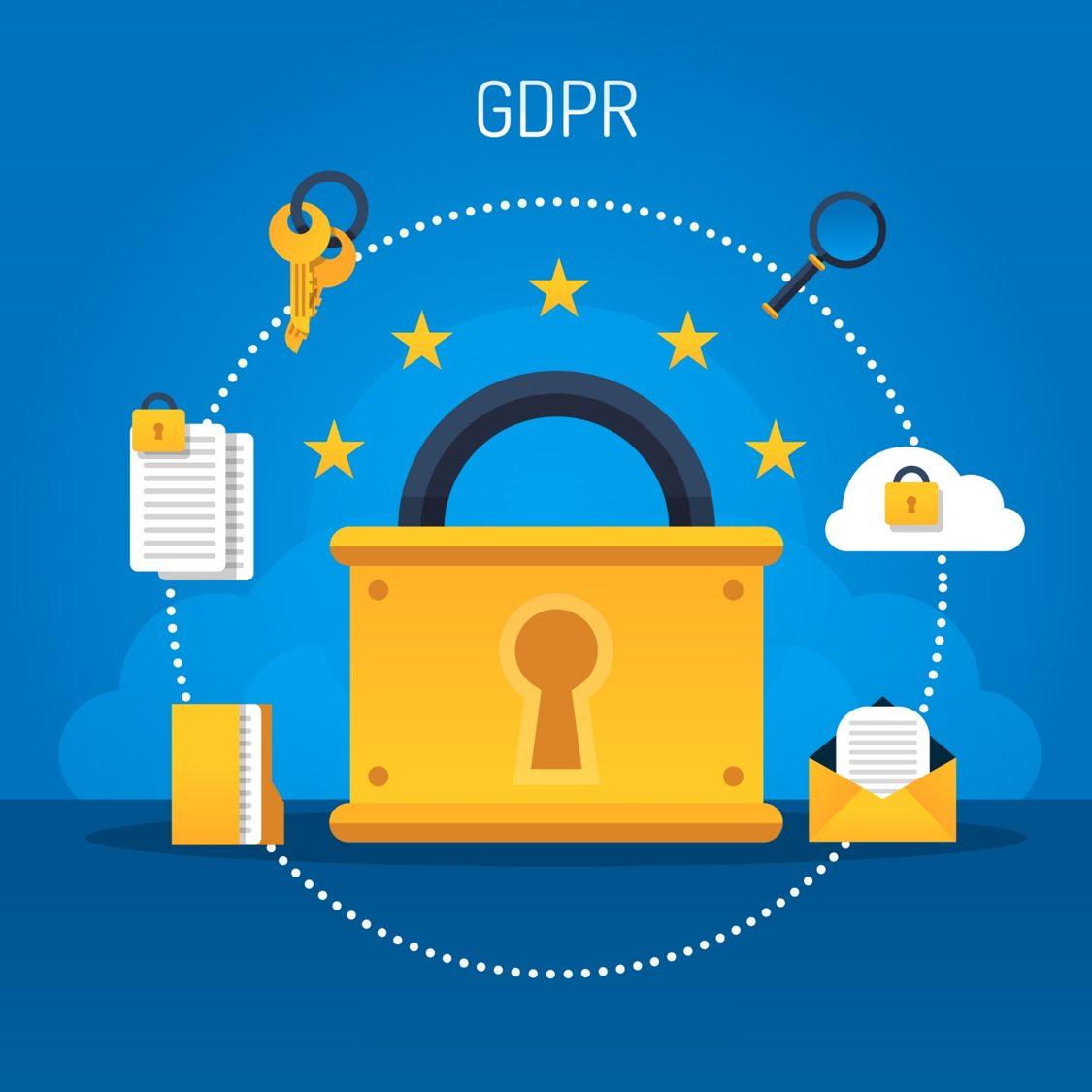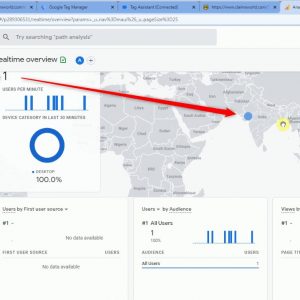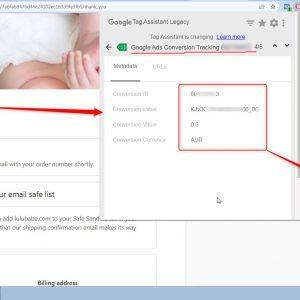No products in the cart.

Table of Contents
In today’s digital world, data is a precious commodity. Companies acquire and maintain a large amount of personal information from their customers, workers, and partners. However, as data breaches and privacy concerns have increased, the European Union (EU) has taken steps to protect its people’ personal data.
The General Data Protection Regulation (GDPR) is a new data protection law that became effective on May 25, 2018. It aspires to give EU citizens more control over their personal data while also simplifying the regulatory environment for international business by consolidating regulation inside the EU.
In this post, we’ll go over everything you need to know about the General Data Protection Regulation, including its core principles, compliance criteria, and the role of General Data Protection Regulation compliance experts.
What is GDPR?
The General Data Protection Regulation (GDPR) is a comprehensive data protection law that applies to all firms that process EU individuals’ personal data, regardless of location. It replaces the 1995 Data Protection Directive and establishes tighter data protection and privacy standards.
The rule applies to all enterprises who provide goods or services to EU citizens, regardless of payment, as well as all businesses that track EU citizens’ activity. This means that even if your firm is not situated in the EU, you may be required to comply with GDPR if you have EU-based customers or website visitors.
Key Principles of GDPR
The GDPR is founded on seven essential principles that companies must follow when processing personal data.
- Lawfulness, fairness, and transparency: Companies must have a legal basis for collecting personal data and be open about how it will be used.
- Purpose limitation: Personal data must be collected for specified, declared, and legitimate objectives, and it must not be processed in ways that contradict those goals.
- Data minimization: Companies shall only collect and process the minimum amount of personal data required for the given purpose.
- Accuracy: Personal information must be correct and up-to-date.
- Storage restrictions: Personal information should not be maintained for longer than necessary.
- Integrity and confidentiality: Companies must protect the security and confidentiality of personal information.
- Accountability: Businesses must be able to demonstrate compliance with their guidelines.
Do you want to setup Google Consent Mode V2?
To comply with the General Data Protection Regulation, companies must take the following steps:
- Appointing a Data Protection Officer (DPO)
Certain firms are required by the General Data Protection Regulation Act to designate a Data Protection Officer (DPO) who will manage data protection policy and implementation. This covers companies that handle vast amounts of personal data, sensitive data, and public authorities.
- Conducting a Data Protection Impact Assessment (DPIA)
A DPIA is a method that assists businesses in identifying and mitigating data protection risks associated with a project or system. It is required for businesses that process personal data on a large scale or sensitive data.
- Implementing Data Protection by Design and Default
Data protection by design and default requires businesses to consider data security and privacy throughout the original design stages of any new system, service, or product. This includes installing technical and organizational safeguards to assure data security and privacy by default.
- Obtaining Consent for Data Processing
Companies must get individuals’ explicit and informed consent before processing their personal information. This means that individuals must be informed about the purpose of data processing and actively provide consent.
- Responding to Data Subject Requests
Individuals have the right under the General Data Protection Regulation Act to access, modify, and delete their personal information. Companies must establish mechanisms to react to these inquiries in a timely manner.
- Reporting Data Breaches
Companies must notify any data breaches to the appropriate regulatory authority within 72 hours of becoming aware of them. If the breach poses a significant risk to individuals, the organization must notify those affected.

The Role of GDPR Compliance Consultants
GDPR compliance can be a complex and time-consuming process, especially for companies that are not familiar with EU data protection laws. This is where GDPR compliance consultants come in.
- Gap Analysis and Risk Assessment
They can consultants can conduct a gap analysis to identify areas where a company may not be compliant with it. They can also conduct a risk assessment to identify potential data protection risks and provide recommendations for mitigating those risks.
- Developing Policies and Procedures
They can consultants can help companies develop policies and procedures that align with its requirements. This includes data protection policies, data retention policies, and data breach response plans.
- Training and Awareness
They can consultants can provide training and awareness sessions for employees to ensure they understand their responsibilities under them and how to handle personal data in a compliant manner.
Do you want to setup Google Consent Mode V2?
Ongoing Compliance Support
General Data Protection Regulation Act compliance is an ongoing process, and companies must continuously monitor and update their processes to remain compliant. The consultants can provide ongoing support and guidance to ensure that a company’s data protection practices remain up-to-date.
Examples of GDPR Compliance Consulting Services
One example of a company that offers General Data Protection Regulation Act compliance consulting services is TrustArc. They offer a range of services to help companies comply with the General Data Protection Regulation Act, including:
- GDPR Readiness Assessment: A comprehensive assessment of a company’s data protection practices to identify areas of non-compliance and provide recommendations for remediation.
- Data Mapping and Data Inventory: A detailed inventory of all personal data collected, stored, and processed by a company, including the legal basis for processing and the data retention period.
- Data Protection Officer (DPO) as a Service: TrustArc can act as a DPO for companies that are required to appoint one under GDPR.
Conclusion
It is a significant step towards protecting the personal data of EU citizens and ensuring that companies handle personal data in a responsible and transparent manner. Compliance with GDPR is not optional, and companies that fail to comply may face hefty fines and damage to their reputation.
To ensure compliance with GDPR, companies can seek their assistance, who can guide them through the process and provide ongoing support. By taking the necessary steps to comply with the new rule, companies can build trust with their customers and demonstrate their commitment to data protection and privacy.
You can also explore the latest Google Consent Mode V2 Updates for European countries.
Let’s Audit First, Why is it Required?
Tracking errors can greatly affect your Data, Conversion Reporting, strategic Decision-Making and that Cost you in Revenue.
First, I audit your website’s current Tag & Tracking configuration. Then I will share errors/recommendations with their solutions as the best practices the industry follows. I can also help you to implement it the right way.






